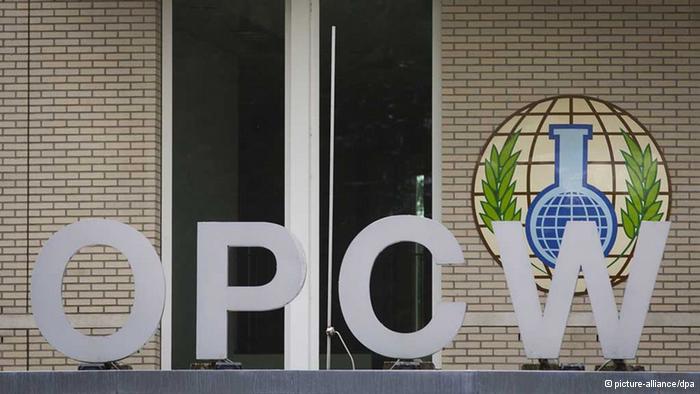The winner of this year’s Nobel Peace Prize is a body that has spent years trying to rid the world of chemical weapons in relative obscurity and was recently thrust into the limelight by the Syrian crisis.
 The winner of this year's Nobel Peace Prize is a body that has spent years trying to rid the world of chemical weapons in relative obscurity and was recently thrust into the limelight by the Syrian crisis.
The winner of this year's Nobel Peace Prize is a body that has spent years trying to rid the world of chemical weapons in relative obscurity and was recently thrust into the limelight by the Syrian crisis.
The world chemical watchdog said on Friday that it hoped its Nobel Peace Prize win would convince countries to ban chemical weapons.
"I know that the Nobel Peace Prize will help us in fact to promote the universality of the (Chemical Weapons) Convention in the next months. Hopefully we will be able to achieve it soon," OPCW head Ahmet Uzumcu told Norwegian public broadcaster NRK, in the organization's first reaction to the surprise announcement that it had won the prestigious award.
From Russia to the United States, Iraq, Syria and Libya, inspectors from the Hague-based Organization for the Prohibition of Chemical Weapons (OPCW) have been slowly but surely destroying the world's most dangerous chemical stockpiles.
"The OPCW has done a lot of work over the years but most people have only heard of them because of what has happened in Syria over the last two months," said Dan Kaszeta, a former officer in the US Army Chemical Corps who now runs a London-based consultancy in chemical defense issues.
"They are woefully underfunded so perhaps winning the Nobel will help them to get more funding," he said.
Ahead of the surprise announcement, the organization said it preferred to focus on the task in Syria rather than any jubilation.
The organization began work in 1997 and has overseen the destruction of some 57,000 metric tons of chemical weapons, mostly US and Russian arsenals.
The CWC entered into force on April 29, 1997, and the OPCW began its work on the edge of a quiet upmarket leafy suburb in The Hague shortly afterwards.
The Convention was the result of almost 20 years of negotiations at the Conference on Disarmament in Geneva, and initially aimed to eliminate all the world's chemical weapons by 2007.
